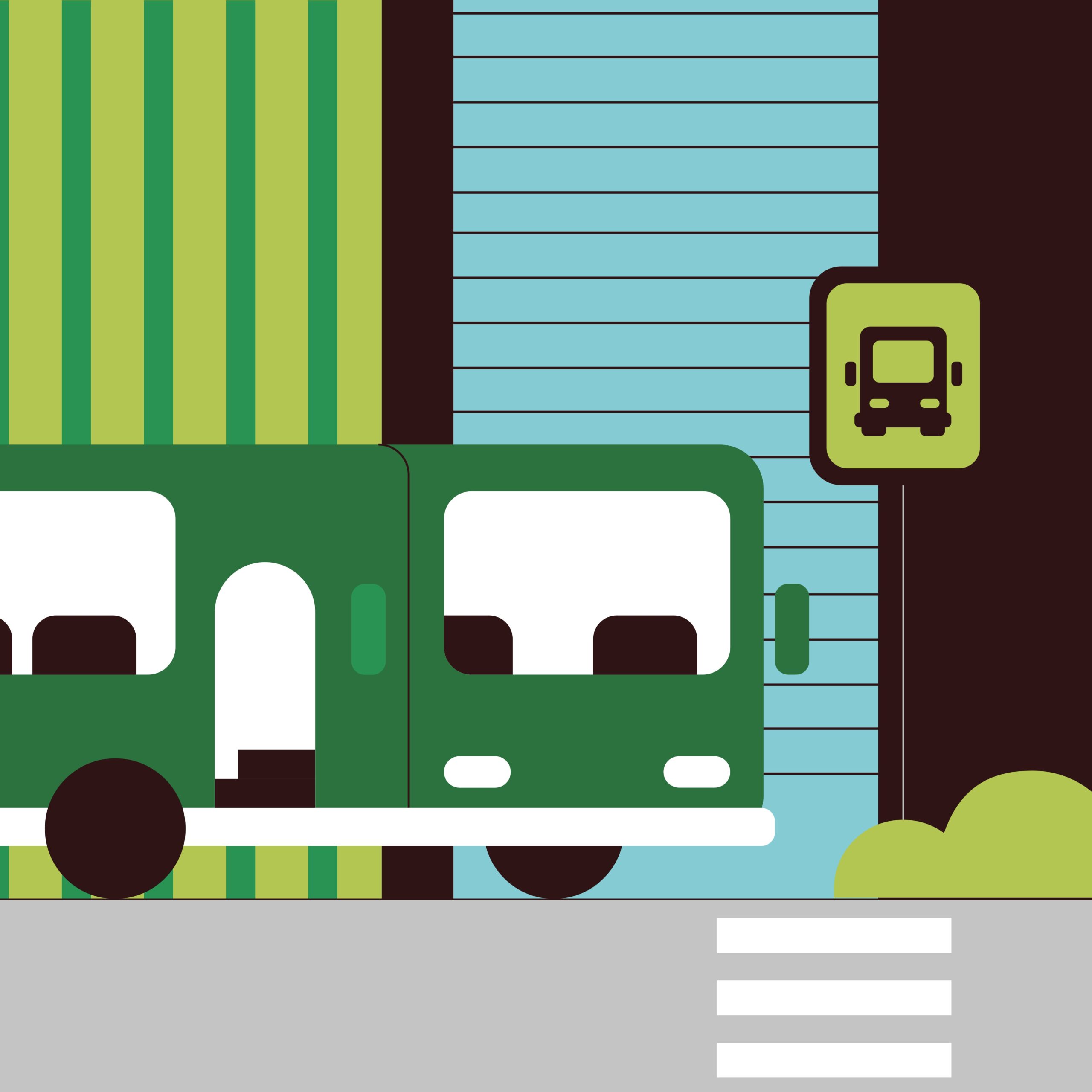You can use the Rankmath plugin.
Archives: Tech
How to import Instagram articles to WordPress
-
[Forum spam prevention] Set to apply to become a member of BuddyPress
![Tech 2 [Forum spam prevention] Set to apply to become a member of BuddyPress](https://genxnotes.com/wp-content/uploads/2025/02/ubaid-e-alyafizi-V97LuZRrSoc-unsplash-scaled.jpg)
The convenient point of including BuddyPress is in the “membership application” section. If you only use bbPress, new members cannot join unless you allow user registration, but if you set up the BuddyPress member participation requests, you can accept requests to join the forum even if you turn off “Allow anyone to register” on the WordPress side. You will have to manually approve members, but this will help prevent most spam registrations.
in WordPress -
How to register your site or blog with Google

You can do this by registering your site with Google Search Console (GSC) and submitting a sitemap.
in WordPress -
[Cocoon] Display a custom taxonomy if the currently displayed custom post type post has a custom taxonomy.
![Tech 4 [Cocoon] Display a custom taxonomy if the currently displayed custom post type post has a custom taxonomy.](https://genxnotes.com/wp-content/uploads/2025/02/bekeen-co-CzJwSEPqDIo-unsplash-scaled.jpg)
Cocoon uses nesting as a PHP structure, so it won’t work if you just modify single.php. First, copy single.php in the parent theme, place it in the child theme, change the file name to single-custom-post-type-name.php, and edit the following parts of the content. This will separate the behavior for custom post types.
<?php //Post page content cocoon_template_part('tmp/single-contents-Custom-post-type-name'); ?>After that, create a folder called tmp in the child theme, duplicate the parent theme’s single-contents.php, place it in the child theme’s tmp folder, name it single-contents-custom-post-type-name.php, edit the following parts of the content. This is also one of the mechanisms to separate the behavior for custom post types.
<?php //Body template cocoon_template_part('tmp/content-Custom-post-type-name') ?>After that, copy the parent theme’s content.php, place it in the child theme’s tmp folder, name it content-custom-post-type-name.php, and add the following part anywhere.
<?php //Custom taxonomy categories/tags below the main text $post_type = get_post_type(); $taxonomies = get_object_taxonomies($post_type, 'objects'); $has_terms = false; if (!empty($taxonomies)) { foreach ($taxonomies as $taxonomy) { $terms = get_the_terms(get_the_ID(), $taxonomy->name); if ($terms && !is_wp_error($terms)) { $has_terms = true; // Show taxonomy name echo '<h3>' . esc_html($taxonomy->label) . '</h3>'; echo '<ul>'; foreach ($terms as $term) { $term_link = get_term_link($term); if (!is_wp_error($term_link)) { echo '<li><a href="' . esc_url($term_link) . '">' . esc_html($term->name) . '</a></li>'; } else { echo '<li>' . esc_html($term->name) . '</li>'; } } echo '</ul>'; } } } ?>By the way, I decided to put the above code directly below the code below.
<?php //Categories/tags below the main text if (is_category_tag_display_position_content_bottom() && is_single()) { cocoon_template_part('tmp/categories-tags'); } ?> -
How to install bbPress with block-based themes.

If you use bbPress in a block-based theme like Twenty Twenty Four, the screen will become completely white. As a temporary solution, it seems that you can fix it by installing and configuring the bbp style pack.
The setting method is below.
- Install and activate bbp style pack.
- Go to Theme Support tab, turn on Enable advanced FSE theme support and save.
- Create a dummy page
- Create a new page at Dashboard > Pages > Add new. You can give this page a title of your choice. It is not possible to have a slug set in Forums, Forums, Topics, Replies, or Dashboard > Settings > Forums > Slug.
4.1. Enter data on the page
This page can be designed to contain any content, but requires one block, which is a shortcode block. That block is,[bbp-forum-index]shortcode.
4.2. Forum pattern
There are two patterns available that allow you to easily add left and right sidebars.Add a block by clicking + on a page’s block
Select a pattern (middle of Blocks | Patterns | Media)
Select “bbp Style Pack Forum Pattern”
Choose left or right sidebar version
Once added, you can easily change the widgets to display, the displayed content, and change the column width.5. For more information about the block widgets available within the Style Pack plugin, see the Block Widgets tab.
6. Configure advanced theme support and configure template pages
In the settings above, click the “Enable advanced FSE theme support” selection.
With the above settings, set “bbPress template page for advanced FSE theme support” to the page set in 3. above.in WordPress -
5 ways to increase members with bbPress

Expanding your bbPress forum membership requires a strategic approach that focuses on content, engagement, and community management. Here are five effective strategies to help you increase your forum’s membership:
(more…)in WordPress -
Blogging Without a Goal: That’s Okay

Ever ask, “What’s the point of my blog?” For personal or miscellaneous blogs, the answer is simple: you don’t need one.
Writing Is Enough
Most blogs start from a love of writing or self-expression. If it clears your mind or brings joy, you’ve already succeeded.Appreciate the Rewards
Blogging offers:- Clarity: Organize thoughts.
- Relief: Reduce stress.
- Growth: Track personal progress.
No Goal Needed
Writing for its own sake is fulfilling. If new goals arise, great—if not, just enjoy the journey. Keep writing! -
Challenges of Affiliate Marketing on Blogs

Affiliate marketing can be challenging for beginners due to:- High Competition: Many bloggers target similar niches, making it hard to stand out.
- Time and Effort: Success requires regular, high-quality content creation.
- SEO Expertise: Ranking on search engines demands advanced SEO knowledge.
- Uncertain Income: Earnings are unstable and may take time to materialize.
- Affiliate Program Dependence: Income is subject to policy changes and program closures.
- Trust Building: Gaining reader trust for conversions is a slow process.
- Initial Costs: Expenses for hosting, domains, and tools can add up.
- Continuous Updates: Blogs need fresh content to maintain SEO and engagement.
- Legal Compliance: Disclosure and regulation adherence are mandatory.
- Unpredictable Results: Even with effort, success isn’t guaranteed.
Affiliate blogging involves risks and demands a strategic, informed approach.
-
What should I do if the purpose of my blog changes over time?

When the purpose of your blog changes over time, it’s important to manage this transition thoughtfully to maintain your existing audience while attracting new readers. Here are some steps you can take:
(more…) -
What to do if you’re not sure what purpose your blog should serve?

To clarify your blog’s purpose:
- Identify Interests and Expertise: Focus on topics you’re passionate about and knowledgeable in.
- Understand Your Audience: Research readers’ needs and engage with relevant communities.
- Set Goals: Define clear objectives that align with your personal or professional aspirations.
- Choose a Blog Type: Decide on a format (e.g., educational, personal, niche, or lifestyle).
- Experiment: Create varied content, gather feedback, and adjust based on engagement.
- Seek Inspiration: Learn from successful blogs and explore related media.
- Refine Regularly: Assess and adapt your blog’s direction over time.
This process ensures your blog aligns with both your goals and audience needs.

![Tech 1 [WordPress] How to create a sitemap to submit to Google Search Console](https://genxnotes.com/wp-content/uploads/2025/02/zulfahmi-al-ridhawi-vdDqyc3D2c4-unsplash-scaled.jpg)